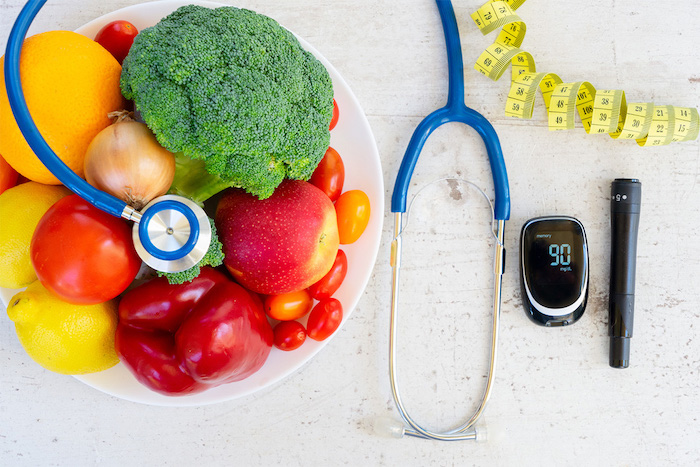
Following an unhealthy diet is one of the top risk factors for chronic pain. The foods you eat affect your body chemistry, and the substances they contain have the power to cause pain or relieve it.
When helping patients overcome chronic pain, medical specialists combine today’s most advanced interventional treatments with dietary recommendations that ease your pain and support your overall health. Here, they explain the connection between your diet and pain.
Link Between Diet And Chronic Pain
The foods you eat impact chronic pain by:
Providing Essential Nutrients
Your diet provides the nutrients that keep your immune, endocrine, and nervous systems working. These body systems require a regular supply of all the essential nutrients to function properly. Nutritional deficiencies can lead to damaged nerves (and nerve pain), hormone imbalances, and an immune system that can’t fight inflammation and disease.
Maintaining A Healthy Body Weight
Being overweight contributes to chronic pain more than you might realize. For starters, excess weight places substantial stress on your joints, causing osteoarthritis and accelerating joint damage after arthritis begins.
Extra body fat also contributes to body-wide inflammation. Fat cells release inflammatory substances that affect every part of your body.
Protecting You From Inflammation
Inflammation can be good or bad for your body. Beneficial inflammation occurs after you suffer an injury. This inflammation is crucial for healing and goes away when your injury improves.
However, inflammation can take hold anywhere in your body. This inflammation lasts a long time, causes tissue damage, and is directly related to chronic pain. Ongoing inflammation is a top cause of chronic health conditions, such as Type 2 diabetes, arthritis, and heart disease.
You can develop dangerous, long-term inflammation as a result of a weakened immune system, chronic health conditions, and lifestyle issues such as smoking, obesity, and an inflammatory diet.
Foods That Contribute To Chronic Pain
The foods you eat increase or decrease pain, depending on whether they cause or prevent inflammation. When it comes to causing inflammation and pain, the top culprits are:
Processed Foods
Processed foods are defined as whole foods that have added ingredients, such as salt, sugar, and oil. These foods contain substances that cause inflammation. They also alter bacteria in your gut, which also contributes to inflammation. Examples include processed meats (lunch meat, hot dogs, and bacon), fast foods, and many frozen entrees.
Added Sugar
Refined foods (white flour and white rice) and foods with added sugar increase levels of inflammatory substances in your blood. Foods with the most added sugar include sweets and non-diet soft drinks.
Smoked And Fried Foods
Smoked and fried foods contain advanced glycation end products (AGEs), which significantly increase inflammation.
Anti-Inflammatory Foods Ease Chronic Pain
You can reduce inflammation and ease your chronic pain by following an anti-inflammatory diet. You don’t need to learn about new foods or buy special products. The foods that fight inflammation are the same ones recommended for a well-balanced healthy diet.
The basics of an anti-inflammatory diet include fish, lean meat and poultry, vegetables, fruits, nuts, seeds, and unsaturated fats like olive oil.
Some of the top anti-inflammatory foods include:
- Tomatoes
- Blueberries
- Strawberries
- Cherries
- Broccoli
- Red cabbage
- Green and red peppers
- Leafy greens
- Whole grains
- Green tea
- Fatty fish
Fatty fish like salmon, mackerel, sardines, tuna, and halibut are high in omega-3 fatty acids. In addition to fighting inflammation, omega-3 fatty acids help lower your blood pressure and prevent heart disease.
Precision Pain Care and Rehabilitation has two convenient locations in Richmond Hill – Queens and New Hyde Park – Long Island. Call the Queens office at (718) 215-1888, or (516) 419-4480 for the Long Island office, to arrange an appointment with our Interventional Pain Management Specialist, Dr. Jeffrey Chacko.













